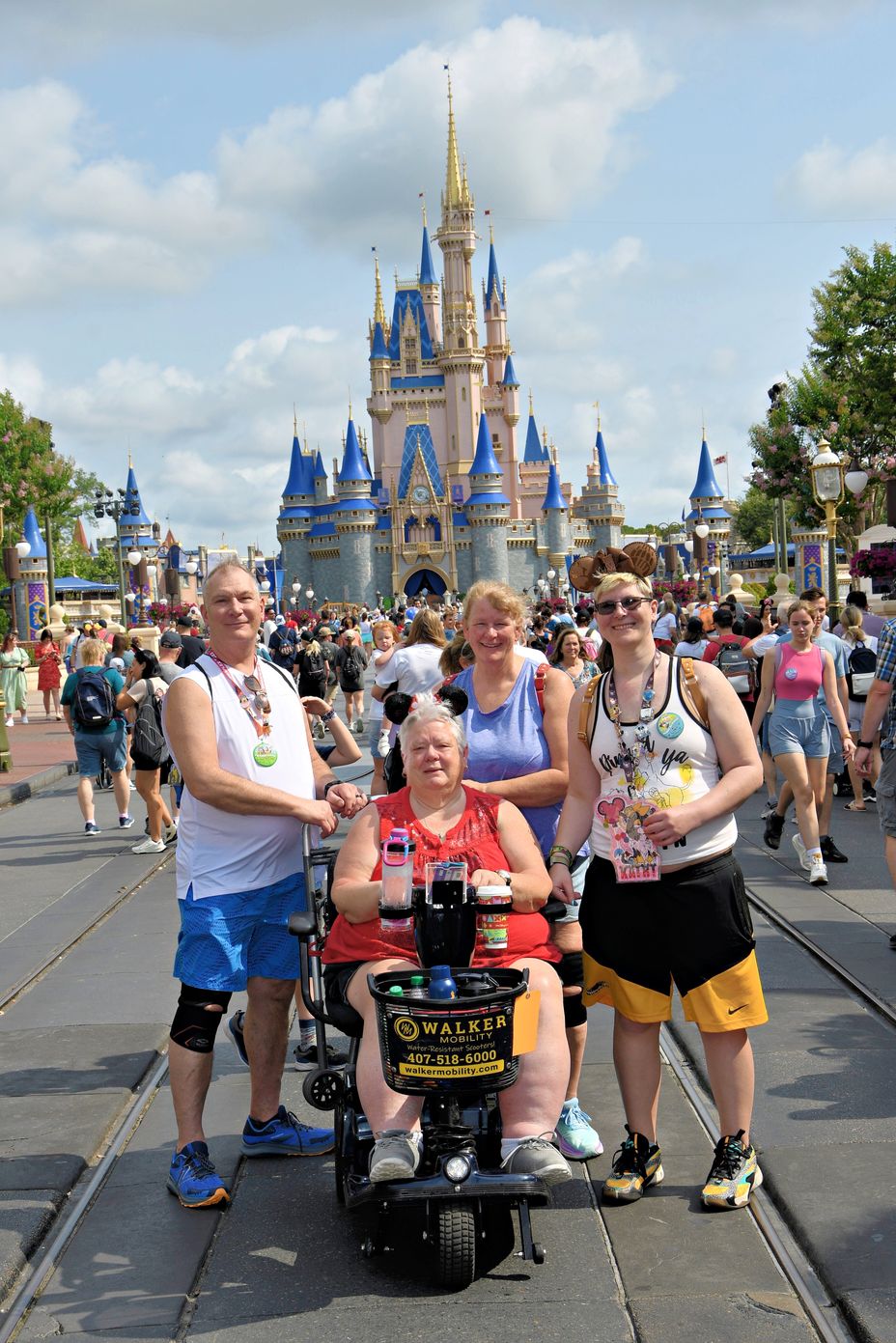I'm new here!
Hi, my name is orangeoystercatcher0. I'm here because I have post Covid symptoms and would like to connect with others who do as well.
Hi, my name is orangeoystercatcher0. I'm here because I have post Covid symptoms and would like to connect with others who do as well.
Hi, my name is lumenlux. I'm here because post COVID I have found myself returning to childhood methods of coping with intense social anxiety, internalizing/invalidating my emotions due to recent personal social upheavals. It's starting to affect my physical health but I am feeling a little stuck on how to navigate these waters.

I’m losing hope, I lost my job and my soul pet and have been struggling since end of May to find a new job. I’ve been so stressed, depressed and my anxiety is out of control. I’ve honestly started thinking about taking my life due to everything that’s happening or not happening currently.
Before all this happened I had the chance to go to Disney world and celebrate my birthday there with family. I’ve been clinging onto the happiness I had well in Florida and wish I could go back SO badly and just get to relive the magic. We’d been planning this trip since before Covid so it felt really special to finally have the chance to go.
I’ve also had a childhood dream reigned and I want to work for Disney again. I’ve been applying with no such luck so far but I’m planning to keep applying and have my fingers crossed. 🤞🏼
Just a little vent, brought happy tears to my eyes. Thanks for reading.
#CheckInWithMe #Depression #MajorDepressiveDisorder #MentalHealth #SuicidalThoughts
Hi, my name is Emer
I had COVID-19 in 2022, and since then have been living with “Long Covid” that fits the profile of ME/CFS
#MightyTogether
I saw a PT today because of my post-exertional malaise (few MDs in my health system will even acknowledge it). He has me doing just a few specific exercises at limited reps that focus on my quads and glutes. Since they’re the biggest muscles in the body, the idea is that they require the most energy in a short burst, which starts re-training the mitochondria to produce more energy like they used to. Here’s hoping! #MitochondrialDisease #COVID -19 #Fibromyalgia
I saw a PT today because of my post-exertional malaise (few MDs in my health system will even acknowledge it). He has me doing just a few specific exercises at limited reps that focus on my quads and glutes. Since they’re the biggest muscles in the body, the idea is that they require the most energy in a short burst, which starts re-training the mitochondria to produce more energy like they used to. Here’s hoping! #MitochondrialDisease #COVID -19 #Fibromyalgia
Finally Saturday and Sunday to rest, eat, reset from a long tough week post COVID. It was my first time. Sun is shining bright and going to my farmers market. Much rest needed.
I'm not used to giving myself a full proper love, that's something I have been working on this year. Now I'm talking to a guy and letting the interactions with him, control my mood. He got covid, so he hasn't been interacting with me as much and it's making me feel less of a person. I know better, but I can't seem to shake the feeling of not being good enough. I have abandonment issues as well. So I'm sure this is also playing into my thoughts. Its actually interuppting my sleep and my dreams.